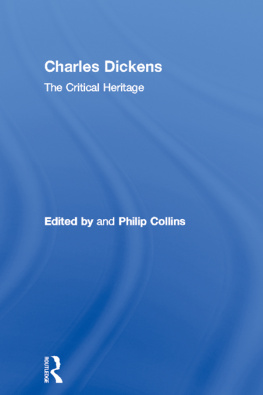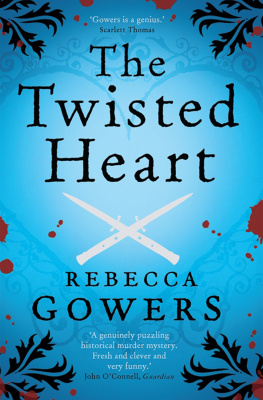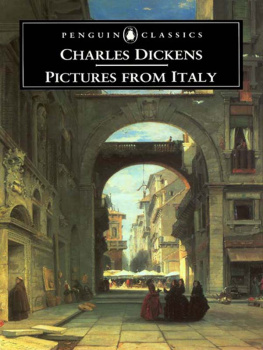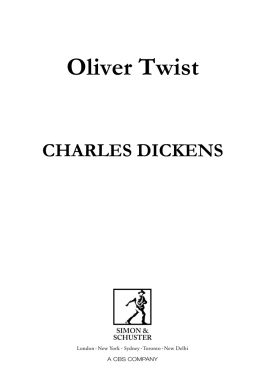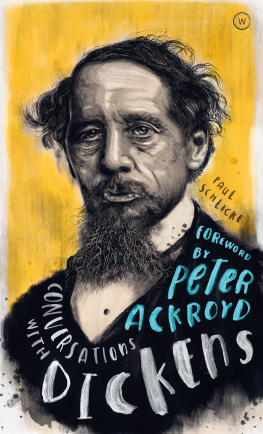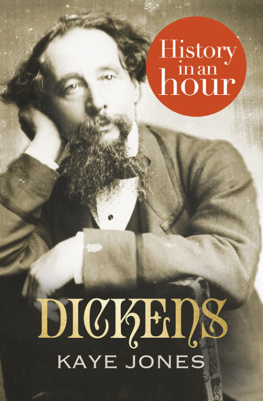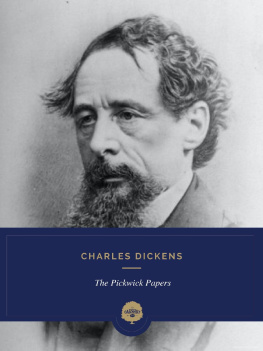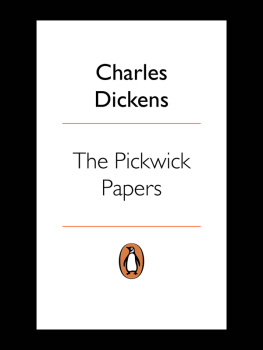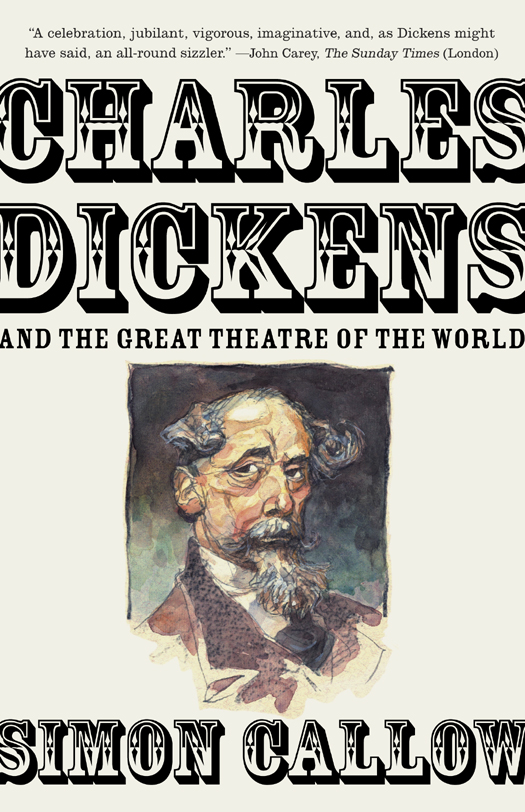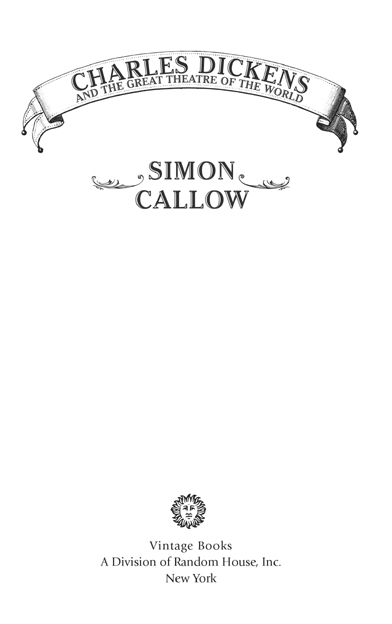Simon Callow
Simon Callow is an actor, director, and writer. He has appeared in many films, including the hugely popular Four Weddings and a Funeral. His books include Being an Actor, Shooting the Actor, a highly acclaimed biography of Charles Laughton, a biographical trilogy on Orson Welles (of which the first two parts have now been published), and Love Is Where It Falls, an account of his friendship with the great play agent Peggy Ramsay. His most recent book, My Life in Pieces, won the Sheridan Morley Prize in 2011.
www.simoncallow.com
Also by Simon Callow
My Life in Pieces
Orson Welles: Hello Americans
Dickens Christmas: A Victorian Celebration
Love Is Where It Falls: An Account of a Passionate Friendship
Orson Welles: The Road to Xanadu
Shooting the Actor
Charles Laughton: A Difficult Actor
Being an Actor
A VINTAGE BOOKS ORIGINAL, AUGUST 2012
Copyright 2012 by Simon Callow
All rights reserved. Published in the United States by Vintage Books, a division of Random House, Inc., New York. Originally published in hardcover in Great Britain by HarperPress, an imprint of HarperCollins Publishers, London, in 2012.
Vintage and colophon are registered trademarks of Random House, Inc.
Library of Congress Cataloging-in-Publication Data
Callow, Simon, 1949
Charles Dickens and the great theatre of the world / by Simon Callow.
p. cm.
A Vintage original.
eISBN: 978-0-345-80324-5
1. Dickens, Charles, 18121870.
2. Novelist, English19th centuryBiography. I. Title.
PR4581.C35 2012
823.8dc23 2012014287
www.vintagebooks.com
Cover design by Megan Wilson
v3.1
This book is dedicated to a friend whose loss only gets worse with the passing years, Simon Gray (19362008), superb dramatist, sublime diarist, intoxicating conversationalist, who was more alive to Dickens, and in whom Dickens was more alive, than anyone I ever knew. Much of what is in this book was first floated during hours and hours of Dickensian chat in restaurants across the city during twenty-five golden years of friendship.
CONTENTS
FOREWORD
When he was a young graduate, Michael Slater, the current doyen of Dickens studies, was asked by his tutors at Oxford what he wanted to study for his PhD. When he said Dickens, they looked at him aghast. Dickens was simply not part of the accepted canon. After vainly trying to dissuade him, they sent him off to Another University for advice and guidance, after which he then commenced his lifes work, to the benefit of all Dickensians everywhere. Half a century later, the situation is entirely reversed: there is a non-stop tsunami of scholarly studies of Dickens from every possible angle. Dickens and Women, Dickens and Children, Dickens and Food, Dickens and Drink, Dickens and the Law, Dickens and Railways, Dickens and the Americans, Dickens and Europe, Dickens and Homosexuality, Dickens and Magic, Dickens and Mesmerism, Dickens and Art, Dickens and Stenography, Dickens and Publishing. As yet, I have not come across a book on Dickens and Dogs, but it can only be a matter of time: a perfectly interesting and not especially slim volume is just waiting to be written. The multifariousness of Dickens makes him virtually inexhaustible as a subject. These studies have run alongside and to some extent been the outcrop of the huge transformation in academic attitudes to Dickens, particularly with regard to the later novels, which were largely dismissed by critical opinion in his lifetime.
There has also been a magnificent procession of major biographies, from Edgar Johnson in the 1950s to Fred Kaplan in the 1980s, Peter Ackroyds sublime act of creative self-identification with Dickens in the 1990s, Michael Slaters revelatory account of, as he puts it, a life defined by writing, to the most recent, Claire Tomalins vivid survey of the Life and Work. Dickens has never been more present. So it takes some cheek on the part of one who is by no means a Dickens scholar to offer yet one more account of the man who called himself Albions Sparkler. I dare to do so because my relationship to the great man is a little different from anyone elses. In an exchange that Dickens himself might have relished, the late dramatist Pam Gems went to see one of her plays performed by that fine actor Warren Mitchell. She noticed that one or two lines in the text had changed. Reproached by her, Mitchell replied, Pam, Pam: you only wrote im. Ive been im. I have, over the years, been Dickens in various manifestations, from reconstructions of the Public Readings on television, to one of Dr Whos helpers; I have also been involved in telling his life story, through the wonderful play that Peter Ackroyd wrote for me, The Mystery of Charles Dickens. Presently I am involved in performing two of his monologues, Dr Marigold and Mr Chops, and his solo version of A Christmas Carol. In order to do all of this, I have needed to find out what it was like to be him, and what it was like to be around him. I have immersed myself, on an almost daily basis, over a period of nearly fifteen years, in the minutiae of his life, above all seeking out personal reminiscences and his own utterances rather than exegetic texts.
Over the years, since a thoughtful grandmother thrust a copy of The Pickwick Papers into my hands as I repined in the itchy agony of chicken pox from the moment I started reading, I never itched again I have read virtually everything he has written, with the mixture of joy and frustration that all readers of Dickens except for fundamentalists experience. But it is not the writing that is the focus of the present book: when the content of a novel is autobiographical (which to one degree or another many of them are), I have of course discussed it, but my primary concern has always been to convey the flavour of one of the most remarkable men ever to walk the earth: vivacious, charismatic, compassionate, dark, dazzling, generous, destructive, profound, sentimental human through and through, an inspiration and a bafflement.
Inevitably, as the title of the book declares, I have focused on the theatre in Dickenss life. In recent years there has been an exceptional sequence of books that analyse the influence of the theatre on Dickenss work in subtle and deeply illuminating ways books by Robert Garis, Paul Schlicke, Deborah Vlock, Malcolm Andrews, John Glavin. Again, this is not the territory of the present book, which looks at the histrionic imperative so deeply rooted in Dickens, but beyond that is interested in Dickens on the stage of life, as he would certainly have thought of it. I have always been concerned with the peculiar quality of his personality, described with remarkable consistency by his contemporaries as theatrical. The books, therefore, to which I have had most recourse are the ones that have given me the man as he lived and breathed: Forsters richly moving three-volume Life, the very first biography, written by the man who knew him better than anyone else, and whose perpetual sense of astonishment at his friend sings out on every page; the glorious twelve-volume


